Publications
Text queries can be conducted by Author, Title, or Keyword.
Mapping motor representations with positron emission tomography
Source: Nature 1994 Oct;371(6498):600-602.
Author: Decety J;Perani D;Jeannerod M;Bettinardi V;Tadary B;Woods R;Mazziotta JC;Fazio F
PubMed ID: 7935791
Abstract:
Brain activity was mapped in normal subjects during passive observation of the movements of an 'alien' hand and while imagining grasping objects with their own hand. None of the tasks required actual movement. Shifting from one mental task to the other greatly changed the pattern of brain activation. During observation of hand movements, activation was mainly found in visual cortical areas, but also in subcortical areas involved in motor behaviour, such as the basal ganglia and the cerebellum. During motor imagery, cortical and subcortical areas related to motor preparation and programming were strongly activated. These data support the notion that motor learning during observation of movements and mental practice involves rehearsal of neural pathways related to cognitive stages of motor control
Source: Nature 1994 Oct;371(6498):600-602.
Author: Decety J;Perani D;Jeannerod M;Bettinardi V;Tadary B;Woods R;Mazziotta JC;Fazio F
PubMed ID: 7935791
Abstract:
Brain activity was mapped in normal subjects during passive observation of the movements of an 'alien' hand and while imagining grasping objects with their own hand. None of the tasks required actual movement. Shifting from one mental task to the other greatly changed the pattern of brain activation. During observation of hand movements, activation was mainly found in visual cortical areas, but also in subcortical areas involved in motor behaviour, such as the basal ganglia and the cerebellum. During motor imagery, cortical and subcortical areas related to motor preparation and programming were strongly activated. These data support the notion that motor learning during observation of movements and mental practice involves rehearsal of neural pathways related to cognitive stages of motor control



